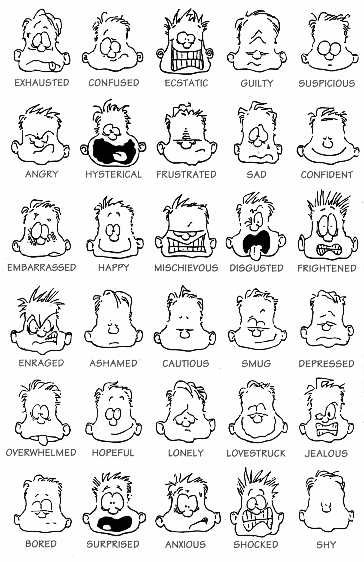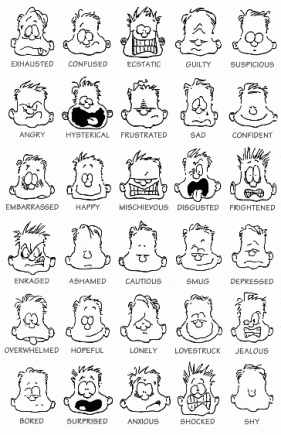Helping your Child get Through Rough Patches
This is a guest post from Tahlia Mandie from The Parenting Files
How do we help our children get through tough times, challenging times and help them work through their emotions?
Let’s be honest, we have all had those days where we think the world is crumbling down, everything is going pear shaped, and we just want to curl up in a ball and hide. Sometimes we have no idea how to get out of it and feel stuck in our own emotional turmoil. Maybe not to the same degree, but children experience this as well.
I am sure we have all experienced a moment when our child has lost something, or their tower that they spent so long building got knocked over by their younger sibling, or their friend in class was mean to them. To them, this is the most catastrophic experience. And obviously, their pain becomes your pain.
Without trivializing these experiences, because for them it is very real and very true, they sometimes get stuck in the actual labeling and understanding of what they are feeling.
Even though children feel emotions from a very young age, they don’t always understand them. And they also may not know what to do, or how to cope when they are feeling them.
It is in these emotional and confusing times that children need to feel acknowledged, understood, supported and loved. Just like adults, children also need their feelings and emotions heard and acknowledged. However the difference is that children do not have the capacity and emotional intelligence to reason and understand their emotions the way adults can.
When adults experience different feelings and emotions, they are generally able to label them (I say generally because how many times do we get stuck in actually naming it?) Children on the other hand may have difficulty with this. They therefore rely on their parents to help them label and understand what they are feeling.
No matter what they are going through, it is important that their feelings and emotions are heard. Here are some handy hints to try and help you help your children:
- Listen to your child: listen to their words, feelings and concerns without judgment. If they know they can be heard they are more likely to come forward and tell you when they think they may be feeling low and down in the future.
- Reinforce your understanding, love and support: this includes emotional and physical support. When children experience rough patches they need comfort, closeness and love… just like us.
- Tell them that it is okay to feel sad and down: children need to know that they are not expected to always feel happy and joyful – having down days and low days are common and normal experiences and this is okay.
- Teach your children about different emotions: by teaching your children the many different emotions that humans experience, empowers their resilience and coping skills. I love using the Stones and Bear cards put together by Innovative Resources. They are a great tool to help children identify and explore feelings and emotions.
- Children learn how to cope through adversity through their role models: how do you cope through rough and tough times? What do your children see in you and your emotions? Don’t ignore the behaviours and actions that you model to your children.
Remember, your kids need to have the low days and tough times to help build their resiliency in the future. By teaching them coping skills and ways to bounce back is all about helping them feel confident in themselves.
How have your helped your kids get through their rough patches? What different tips do you have?
Bio:
Tahlia Mandie is a psychotherapist, family counsellor and mum who runs her own private practice in Melbourne, Direction Exploring and now runs her own blogthe parenting files – because families matter, a blog for all things parenting and family matters to the serious stuff to the not so serious stuff, discussed with a little witt, quirk and humour. Tahlia also writes regular columns and articles for magazines, newspapers and other online forums. To learn more about her work visit Direction Exploring and/or The Parenting Files















Comments
Debra Dane
One thing I do to help them is put things into context for them and help them develop empathy – they DO tend to feel everything is the most catastrophic experience ever. So in cases of being left out I help them understand that they may not be playing with that friend today, but that does not mean they are not friends. I remind them that sometimes they too want to play with others.
When my daughter went through a horrible period last year of being treated terribly by her 2 “best friends” I did accept and acknowledge her feelings, but I also used the opportunity to teach her about being a good friend. How they were treating her was not how a true friend behaves so I encouraged her to walk away at times and find other children to play with etc. Later that year when the leader switched to wanting my daughter, leaving out the other child I worked with her to not retaliate, but rather to remember how she felt. She could now push for the threesome to resume or walk away, but not to join her friend in the terrible behaviours. Mostly I think early primary kids cannot step out of the moment and see the big picture so I try to help my kids with that if possible (and a hundred hugs help too)